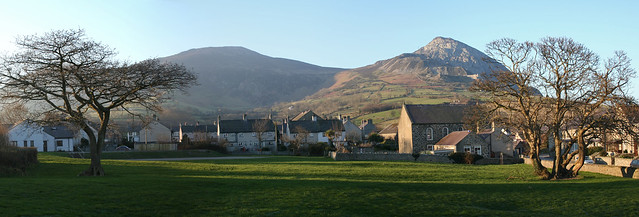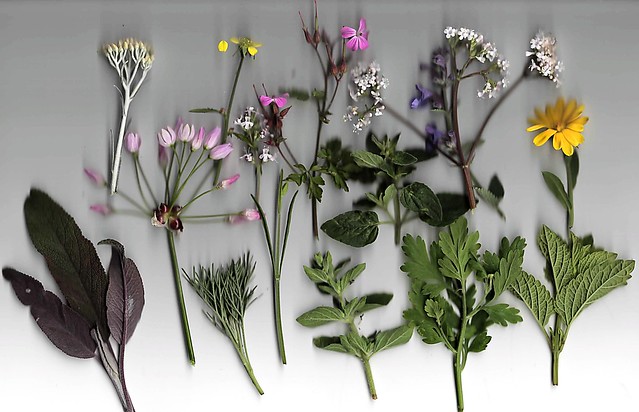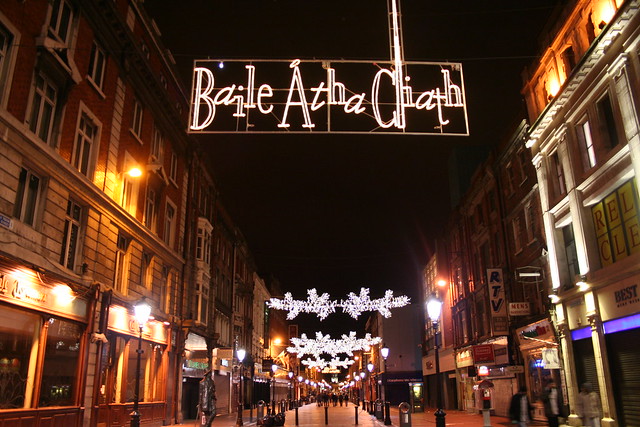Podcast: Play in new window | Download
In this episode we’re looking into words for surface, skin and related things in Celtic languages.
The Proto-Celtic *tondā means surface or skin and comes from the Proto-Indo-European *tend- (to cut off) [source].
Descendents in the modern Celtic language include:
- tonn [t̪ˠɑun̪ˠ] = surface or skin in Irish.
- tonn [tɔun̪ˠ] = skin or hide in Scottish Gaelic
- ton [tɔn] = rind, crust, peel, turf, unploughed land or lawn in Welsh
- ton = grass in Cornish
- ton [tɔn] = rind or surface in Breton
There doesn’t appear to be a cognate in Manx.
The English word tonne/ton comes from the same Proto-Celtic root, via French, Latin and Gaulish [source]. Other words from the same Proto-Celtic root include tonne (tonne/ton) in French, tona (tun – a type of cask, ton/tonne) and tonya (a type of sweet bun) in Catalan, tona (surface, skin, bark) and tonel (barrel, tun) in Galician, and tonel (barrel) in Spanish [source].
Incidentally, the English word tun (a large cask, fermenting vat) probably comes from the same roots, via Middle English, Old English, Proto-Germanic, Latin and Gaulish, as does the German word Tonne (barrel, vat, tun, drum), the Dutch word ton (barrel, ton, large amount), and the Irish word tunna (cask), which was borrowed from Latin [source].
(A bit of bonus content that’s not included in the recording.)
You can find more details of these words on the Celtiadur blog. I also write about words, etymology and other language-related topics on the Omniglot Blog.










